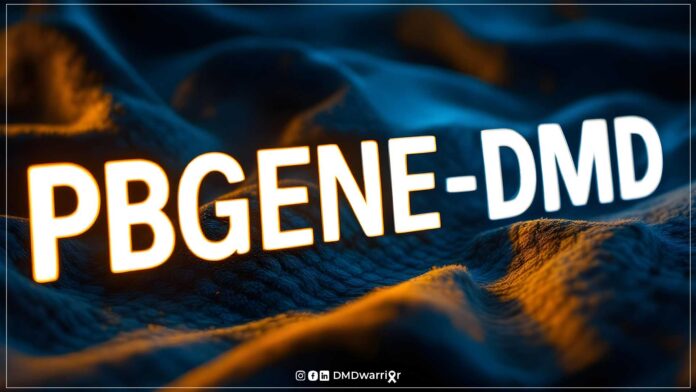Precision BioSciences, a clinical stage gene editing company utilizing its novel proprietary ARCUS® platform to develop in vivo gene editing therapies for diseases with high unmet need, today announced that the U.S. Food and Drug Administration (FDA) has granted Orphan Drug Designation for PBGENE-DMD for the treatment of Duchenne muscular dystrophy (DMD).
“Receipt of Orphan Drug Designation from the FDA for PBGENE-DMD underscores the tremendous unmet need and urgency to deliver safe treatments that significantly improve muscle function over time for boys living with Duchenne muscular dystrophy,” said Cindy Atwell, Chief Development and Business Officer at Precision BioSciences. “This regulatory milestone builds on our recent receipt of Rare Pediatric Disease designation and, together with our preclinical body of evidence, gives us tremendous confidence as we move this program towards the clinic. Looking ahead, we remain in active dialogue with the FDA as we advance PBGENE-DMD toward regulatory milestones, with clinical data anticipated in 2026.”
What is PBGENE-DMD?
PBGENE-DMD is Precision’s development program for the treatment of DMD. The approach uses two complementary ARCUS nucleases delivered via a one-time administration in a single AAV to excise exons 45-55 of the dystrophin gene with the aim of restoring near-full length dystrophin protein within the body to improve functional outcomes. PBGENE-DMD is intended to address more than 60% of the DMD patient population.
In preclinical studies, PBGENE-DMD demonstrated the ability to target key muscle types involved in the progression of DMD and produced significant, durable functional improvements in a humanized DMD mouse model. PBGENE-DMD restored the body’s ability to produce a near full length functional dystrophin protein across multiple muscles, including cardiac tissue and various key skeletal muscle groups. In addition, PBGENE-DMD edited satellite muscle stem cells, believed to be critical for long-term durability and sustained functional improvement.


